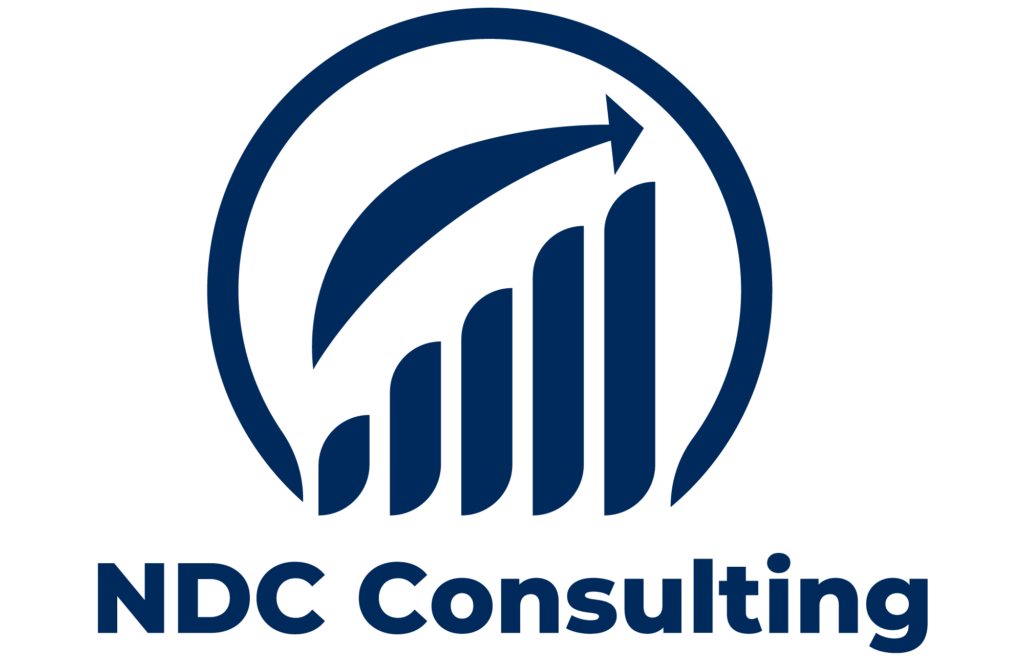
HIPAA control standards include technical, administrative, and physical precautions. HIPAA consists of four main regulations to assist corporations in putting these protections into place and maintaining them. These regulations assist healthcare organizations in implementing and strengthening HIPAA controls across their whole enterprise.
Complying with HIPAA control rules is essential for safeguarding patient information and preventing expensive fines. Without the right direction and resources, comprehending and putting these controls into practice can be difficult.
Building a thorough HIPAA access control strategy and making sure your company complies with security requirements without compromising the protection of sensitive healthcare data and information is simple with the correct compliance software.
Describe HIPAA controls and explain their necessity
Specifically, electronic protected health information (ePHI) is protected from misuse, breaches, and unauthorized access thanks to the administrative, technical, and physical measures required by HIPAA.
A company’s security is important due to HIPAA regulations because they:
- Avoid data breaches.
- Reduce the risks related to cybersecurity
- Make sure that security and access initiatives are balanced.
These controls include everything from the HIPAA access control policy to how your team will access patient records to keeping your data safe from unwanted users.
Here is a closer look at some of the main justifications for the necessity of these restrictions as well as their functions.
Avoiding Data Breach
In 2023 alone, the United States experienced two data breaches every day. The quantity of patient records that are exposed appears to be increasing, and data breaches in the healthcare industry are regrettably all too common. The main reasons for this are insufficient system security measures and human error, both of which increase an organization’s susceptibility. The primary layer of protection against such hazards is HIPAA regulations.
Enhancing Data Accuracy
HIPAA regulations also play a vital role in protecting your data’s integrity. In order to do this, multifactor authentication is used, access is restricted, system usage is tracked, and more secure coding reviews are enforced. In its whole, data integrity relates to the accuracy and consistency of the data. Data alteration without prior consent is prevented by HIPAA measures, including audit trails and other system security procedures.
Preventing Insider Threats
There are additional hazards to take into account, such as those that emerge inside, even though external threats like cyberattacks are already a major worry. They can nonetheless seriously harm patient data and private information, whether intentionally or unintentionally. These hazards are lessened by HIPAA regulations.
Businesses should monitor who has access to the patient data they gather and implement stringent access controls. In addition, compliance professionals can use policy templates to support their adherence efforts by using the appropriate compliance software.
How to Adhere to HIPAA’s Access Control Guidelines
A subset of the general security guidelines that protect an organization’s PHI are the HIPAA access control regulations. Think about what your company must do to get ready for and maintain compliance with HIPAA regulations:
- Employee training should be focused on compliance requirements.
- Regularly keep an eye on data files
- Make sure that user identities are confirmed correctly.
- Continue to keep audit trails
Effective security risk evaluations are becoming more challenging for businesses. Many factors contribute to this, ranging from extensive vendor networks and resource constraints to a lack of awareness of the risks their company confronts.
Depending on their size, several healthcare institutions might not have access to the appropriate risk assessment tools. This is one of the main causes of the increased use of compliance software by enterprises.
Handling HIPAA Access Control Regulations
Maintaining compliance with HIPAA regulations, especially those pertaining to access control, can be difficult and drain a lot of resources from other areas of the business. A thorough HIPAA program that helps businesses comply with all requirements is offered by compliance software.

